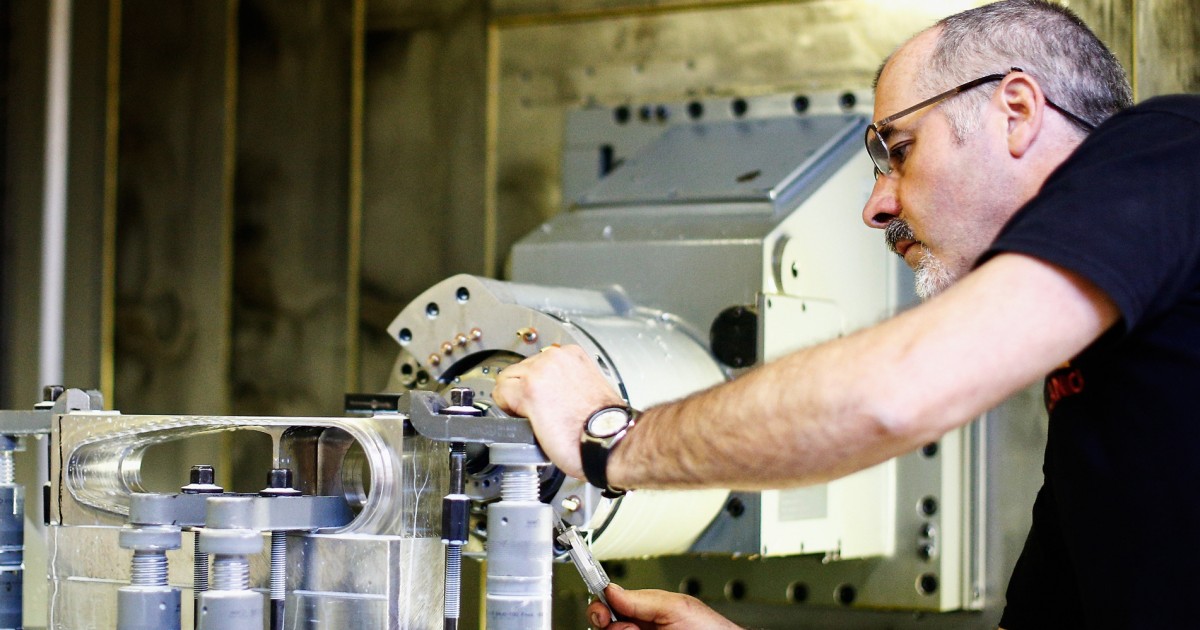
Machine-Readable Formats
Machine-Readable Formats refer to file formats that can be easily interpreted and processed by computers without the need for human intervention. In the context of space and astronautical engineering, machine-readable formats are essential for the storage and transmission of data collected from spacecraft and satellites. These formats allow for efficient and accurate analysis of data, which is critical for making informed decisions and conducting scientific research. Examples of machine-readable formats used in space and astronautical engineering include FITS (Flexible Image Transport System) for astronomical data, CCSDS (Consultative Committee for Space Data Systems) for space mission data, and HDF5 (Hierarchical Data Format) for storing and managing large and complex datasets.
Your Previous Searches
Random Picks
- Wheels: In space and astronautical engineering, wheels refer to the rotating components that enable mobility of a spacecraft or a rover on a planetary surface. Wheels are designed to provide traction, stability, and control during movement. The des ... Read More >>
- Liquid Waste: In space and astronautical engineering, liquid waste refers to any liquid material that is discarded by the crew during space missions. This includes urine, sweat, and other bodily fluids, as well as wastewater from hygiene activities and e ... Read More >>
- Ampere: In space and astronautical engineering, Ampere is a unit of measurement used to quantify the strength of an electric current. It is defined as the amount of electric charge passing through a given point in a circuit per unit time. In space, ... Read More >>
Top News

A day at Uranus just got 28 seconds longer...
A day at Uranus just got a little longer...
News Source: ABC News on 2025-04-07

SpaceX's Fram2 returns from first-of-its-kind mission around Earth's poles...
The Fram2 mission, paid for and led by a cryptocurrency billionaire who is flying with three guests, has returned after a journey on a unprecedented polar orbit....
News Source: CNN on 2025-04-04

Scientists release plans for an even bigger atom smasher to address the mysterie...
GENEVA — Top minds at the world’s largest atom smasher have released a blueprint for a much bigger successor that could vastly improve research into the remaining enigmas of physics....
News Source: NBC News on 2025-04-01

Scientists release plans for even bigger atom smasher along the French-Swiss bor...
Scientists at the world’s largest atom smasher have released a blueprint for a much bigger successor that could help solve enigmas of physics, starting in the mid-2040s at a cost of about $16 billio...
News Source: ABC News on 2025-04-01

The 'Blaze Star' hasn't exploded yet, but it could soon...
T Coronae Borealis has an outburst every 79 to 80 years, according to NASA....
News Source: ABC News on 2025-03-28